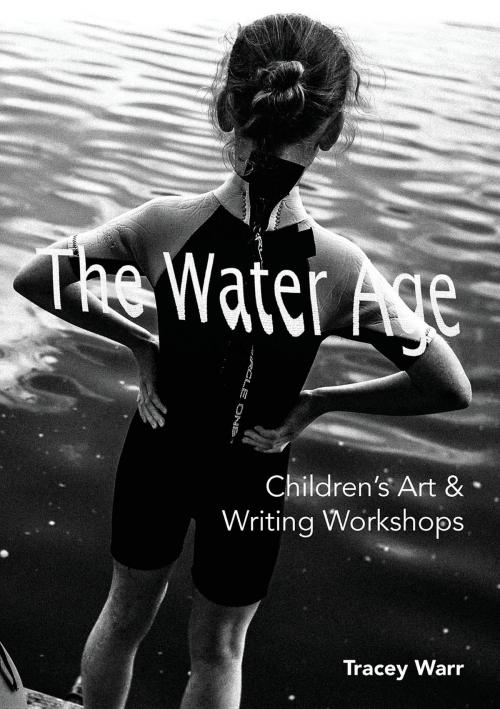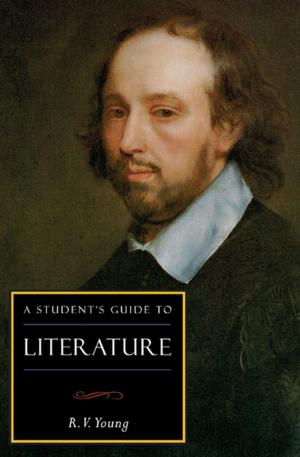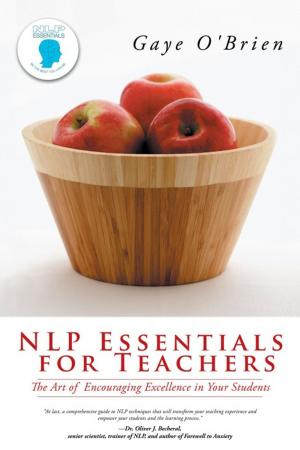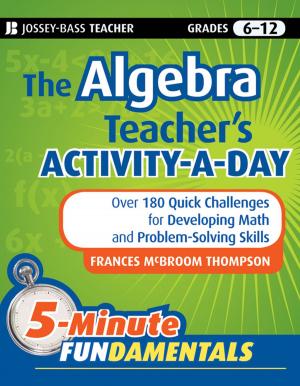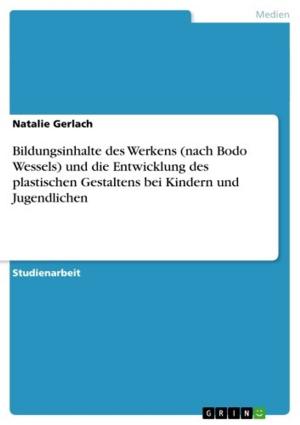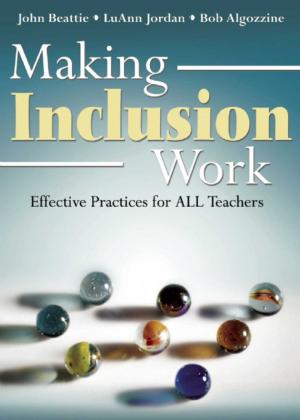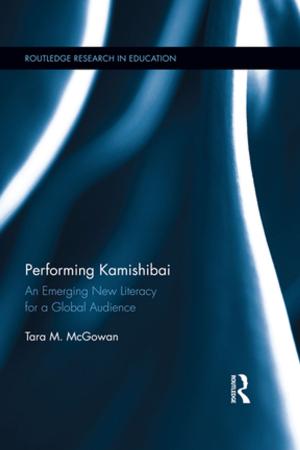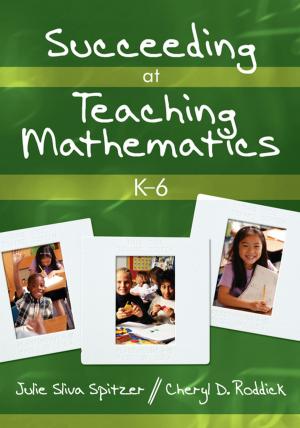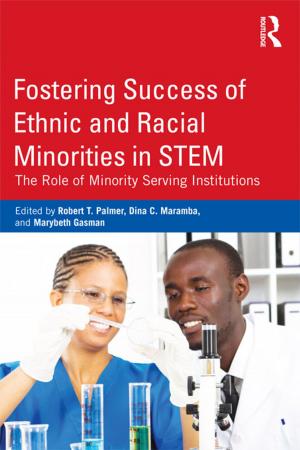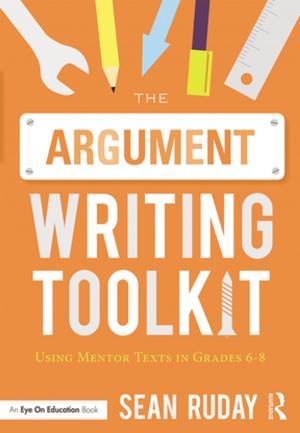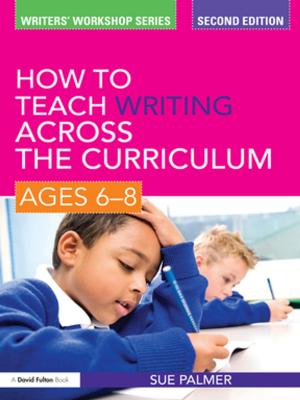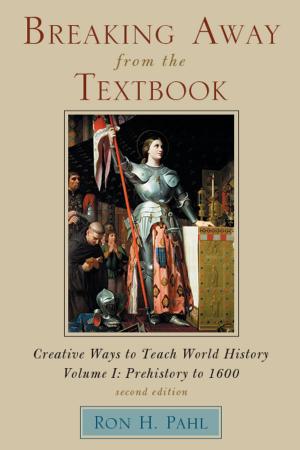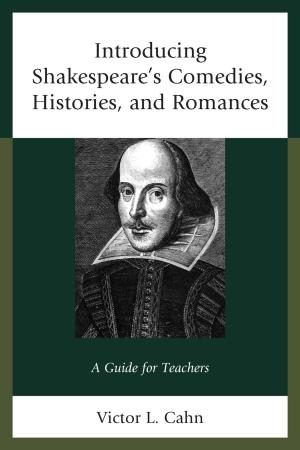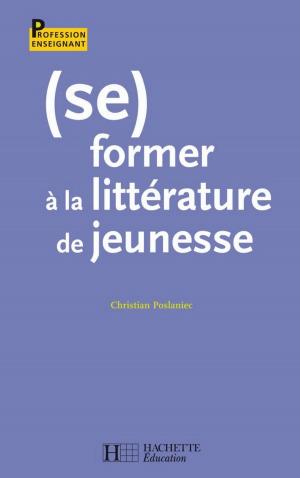The Water Age Children's Art & Writing Workshops
Nonfiction, Art & Architecture, General Art, Study & Teaching, Home & Garden, Crafts & Hobbies, Crafts for Children, Reference & Language, Education & Teaching, Teaching, Teaching Methods| Author: | Tracey Warr | ISBN: | 9780995490260 |
| Publisher: | Tracey Warr | Publication: | August 20, 2018 |
| Imprint: | Meanda Books | Language: | English |
| Author: | Tracey Warr |
| ISBN: | 9780995490260 |
| Publisher: | Tracey Warr |
| Publication: | August 20, 2018 |
| Imprint: | Meanda Books |
| Language: | English |
The water you drink has been through the bladder of a Tyrannosaurus Rex and many other places. The water on Earth is 4.4 billion years old and came here from outer space. The octopus has three hearts and its eyes can look in two separate directions.
What other facts can we find out about the behaviour of water?
What can we learn about aquatic flora and fauna?
What imaginative ideas can we have about living with more water?
*The Water Age Children’s Art and Writing Workshops *is a book for teachers, artists and writers who are working with children aged 8-11. The workshops focus on water and contemplate a possible future when we are living with more water.
The art workshop suggests drawing and painting waterscapes, building waterscapes in the classroom or playground, designing and making models for water living, creating simple films about water living. The writing workshop helps to develop a story about a future watery world, and suggests performing and recording a story, creating an exhibition or broadcast, or turning a story into a book.
The water you drink has been through the bladder of a Tyrannosaurus Rex and many other places. The water on Earth is 4.4 billion years old and came here from outer space. The octopus has three hearts and its eyes can look in two separate directions.
What other facts can we find out about the behaviour of water?
What can we learn about aquatic flora and fauna?
What imaginative ideas can we have about living with more water?
*The Water Age Children’s Art and Writing Workshops *is a book for teachers, artists and writers who are working with children aged 8-11. The workshops focus on water and contemplate a possible future when we are living with more water.
The art workshop suggests drawing and painting waterscapes, building waterscapes in the classroom or playground, designing and making models for water living, creating simple films about water living. The writing workshop helps to develop a story about a future watery world, and suggests performing and recording a story, creating an exhibition or broadcast, or turning a story into a book.
